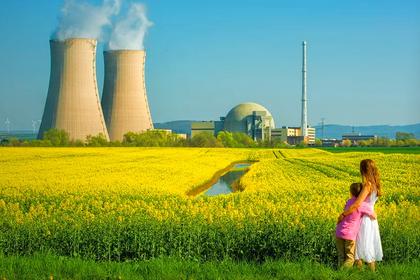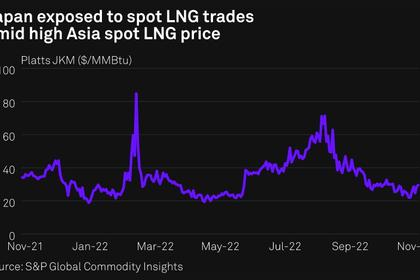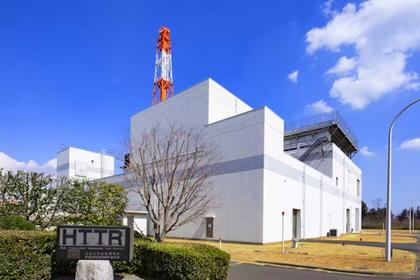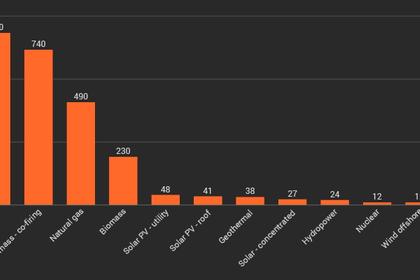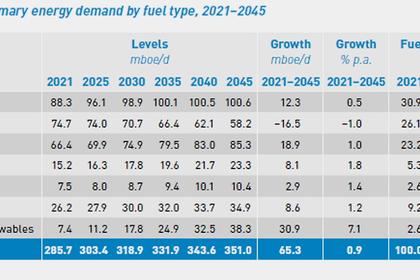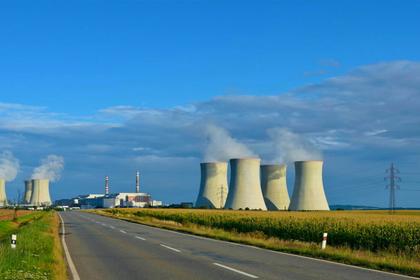
JAPAN'S NUCLEAR MAXIMUM
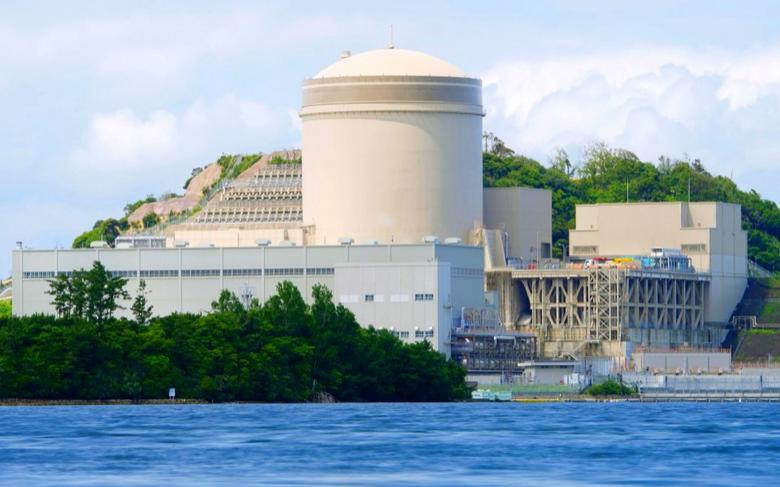
WNN - 23 December 2022 - The Japanese government has adopted a plan to extend the operation of existing nuclear power reactors and replace aging facilities with new advanced ones. The move is part of a policy that addresses global fuel shortages following Russia's invasion of Ukraine and seeks to achieve carbon neutrality by 2050.
Since July, an advisory panel - the Green Transformation (GX) Executive Committee - has been considering the implementation of major changes in energy, all industries, and the economy and society in order to achieve the goal of achieving net-zero emissions by 2050. The government's GX implementation meeting was held on 22 December, during which a roadmap for the next ten years was compiled as a "basic policy for the realisation of GX".
Under the new policy - which describes nuclear power as "a power source that contributes to energy security and has a high decarbonisation effect" - Japan will maximise the use of existing reactors by restarting as many of them as possible and prolonging the operating life of aging ones beyond the current 60-year limit. The government also said the country will develop advanced reactors to replace those that are decommissioned.
Prior to the March 2011 accident at the Fukushima Daiichi plant, Japan's 54 reactors had provided around 30% of the country's electricity. However, within 14 months of the accident, the country's nuclear generation had been brought to a standstill pending regulatory change. So far, ten of Japan's 39 operable reactors have cleared inspections confirming they meet the new regulatory safety standards and have resumed operation. Another 17 reactors have applied to restart. In 2021, nuclear energy provided just 7.2% of the country's electricity.
Under revised regulations which came into force in July 2013, Japanese reactors have a nominal operating period of 40 years. Extensions may be granted once only and are limited to a maximum of 20 years, contingent on exacting safety requirements.
On 21 December, Japan's Nuclear Regulation Authority (NRA) approved a draft of a new rule that would allow the reactors to be operated for more than the current limit of 60 years. Under the amendment, the operators of reactors in use for 30 years or longer must formulate a long-term reactor management plan and gain approval from the regulator at least once every 10 years if they are to continue to operate.
The new policy will effectively extend the period reactors can remain in operation beyond 60 years by excluding the time they spent offline for inspections from the total service life.
Under the new policy, Japan will also develop and construct "next-generation innovative reactors" to replace about 20 reactors that are set to be decommissioned.
In September, Mitsubishi Heavy Industries launched the SRZ-1200 advanced pressurised water reactor design. Developed in collaboration with four Japanese utilities, the 1200 MWe reactor is designed to meet the country's enhanced regulatory safety standards.
Prime Minister Fumio Kishida said the government will submit the relevant bills to implement the new policy to an ordinary parliamentary session at the beginning of the year. It will be formalised through a cabinet decision expected in February at the earliest.
Commenting on the new policy, Kazuhiro Ikebe, Chairman of Japan's Federation of Electric Power Companies, said: "Based on the policy presented this time, we, as electric power companies, will work to secure a stable supply of electricity by maximising the use of renewable energy and nuclear power generation based on the premise of safety, decarbonising thermal power generation, and promoting electrification. We are determined to take all possible measures to achieve carbon neutrality.
"In the future specific system design, we will focus on the maintenance of existing power sources and the construction of new power sources in order to build effective systems and mechanisms that will contribute to securing a stable supply over the medium to long-term as an electricity system as a whole."
-----
Earlier:
